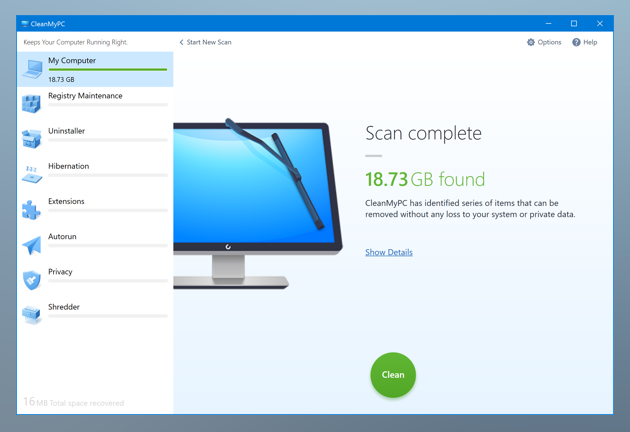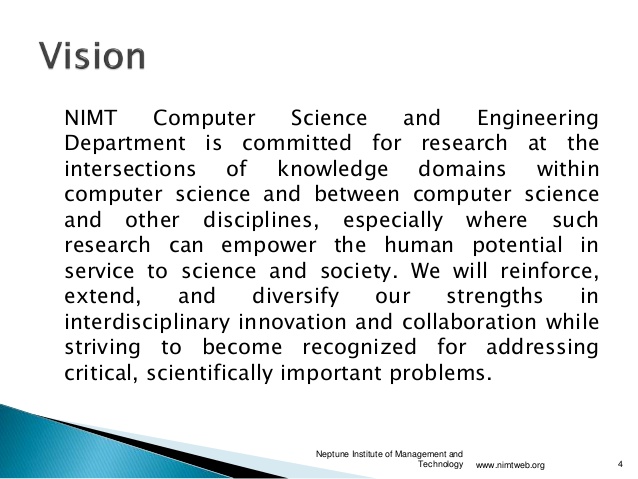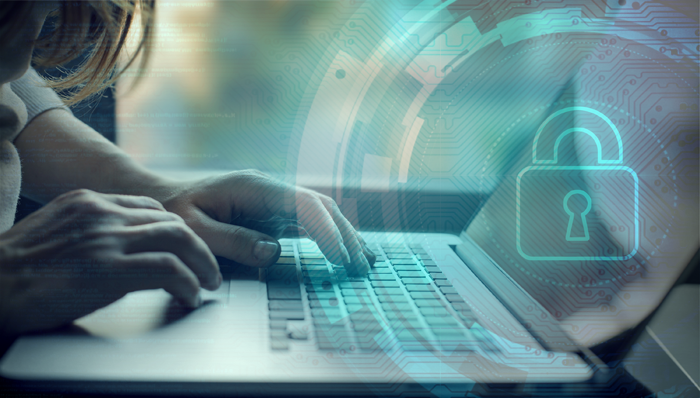Internet is perhaps the largest pool of information and one of the largest communication platforms. Emailing, social networking, and blogging have served as some of the most efficient means of reaching the masses. Search engines are lighthouses tracking the oceanic information base of the Internet! Connecting people around the world, the Internet has made this world a smaller place to live.
However, with an increase in the Internet use, concerns for safety have risen. This wonderful resource for information and communication can turn out to be a dangerous networking platform. Hackers trying to hamper Internet privacy and security are a threat to Internet users. The practice of gaining unauthorized access to confidential user data is on the rise. Unethical practices like phishing and spamming are annoying email users. Fraudulent behavior on the Internet is inviting scams and the Internet crime rate is escalating. It is high time that we took strict measures for safety on the web.
Sharing Sensitive Information
It is not advisable to give out your personal information without confirming the validity of the request. It is dangerous to leak confidential data without confirming the authenticity of the website asking for it.
When Socializing
While social networking, it is not advisable to communicate with strangers. It is also not advisable to upload personal photographs or videos to social networking sites that lack privacy settings. Social networking sites should serve as platforms for a healthy exchange of information and not as a stage for unethical practices to spread.
Password Protection
Dealing with password security is an integral part of Internet use. Websites providing you with mail services, as also the websites supporting Internet banking and other electronic transactions require you to sign up to them; and that implies the use of a username and password. A password should be designed such that it is difficult to guess yet easy to remember.
When Downloading
We often use the Internet for downloading music and videos. We download attachments from emails. While doing so, we risk computer security. Downloading from sources you do not trust, can prove dangerous for your local computer. Downloading from unauthorized sites raises ethical issues like copyright infringement and piracy.
When Using Chat Rooms
Chat rooms are virtual rooms where people exchange views by means of chatting over the Internet. As people can openly communicate, a chat room has become one of the most popular destinations of Internet buffs. But they can prove to be unsafe for kids and teens. A chat room exposes the user to strangers who may intend to exploit him/her. They also expose children to pedophiles and pornography. Predators participating in chat sessions may compel the kids to take to unethical and illegal practices. They may force users to leak sensitive information and use it against them.
Kids’ Safety
Children are most vulnerable to fall prey to the dangers of the Internet. They may disclose confidential information. Strangers may communicate with children and lure them to ill practices. The information on the Internet is uncensored. Children tend to believe in everything they come across. It is better to keep an early check on Internet use by children and youngsters, before the situation worsens. If parents are ignorant, Internet exposure may hamper their kids’ mental and social well-being. For this, it is important for the parents to be computer-literate and efficiently guide their kids through this ocean of information and expression, the Internet.



















